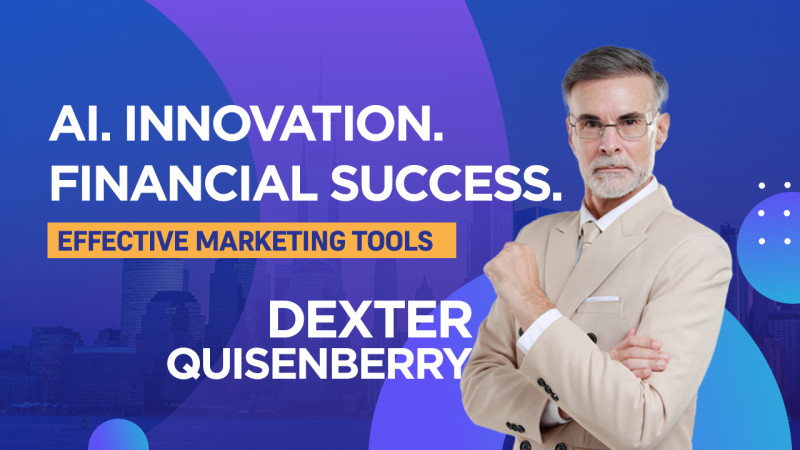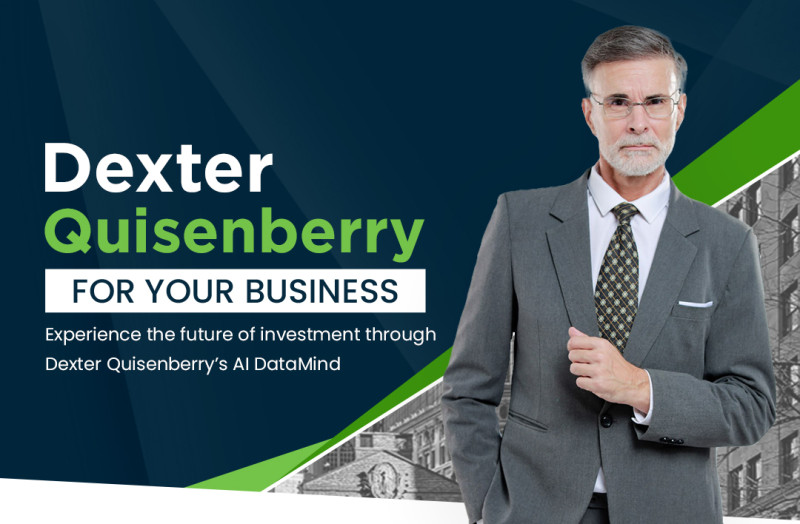How AI could help rebuild the middle class
It's been about six months since ChatGPT was released to the public, and people everywhere realized just how powerful artificial intelligence already is. Suddenly, we started using the AI chatbot to do all sorts of things, like writing raps, taking the bar exam, and identifying bugs in computer code.
All the wonder and excitement about ChatGPT and other AI platforms comes laced with anxiety: Will AI take our jobs? Will it derail democracy? Will it kill us all? Serious people are asking these questions. Just this week, Sam Altman, CEO of OpenAI, the company that makes ChatGPT, testified before Congress and called for regulation of AI systems.
But there is a glimmer of hope – in the form of an economic study. The study looked at the customer service department of a big software company, and it found that ChatGPT made workers much more productive. More interesting, most of those gains came from less skilled workers, while the more skilled workers showed only marginal improvement. Put in other words, AI narrowed the productivity gap between lower skilled workers and workers with more skills. This finding is very different from previous findings about the effect of technology on workers over the last four decades. A whole generation of economic research shows that computers have been a major force for increasing inequality. A force for a shrinking middle class.
David Autor is a professor at MIT, and he is widely regarded as one of the greatest labor economists in the world. He led a lot of that initial research about the computer era and the labor market. And he thinks this study, and another one like it, suggest that we could use AI to expand job opportunities, lower barriers to entry to a whole range of occupations, and reduce inequality.
Today on the show, the American middle class has been shrinking for more than forty years. Could AI help reverse that trend?
This episode was produced by Dave Blanchard and edited by Molly Messick. It was fact-checked by Sierra Juarez and engineered by Katherine Silva. Jess Jiang is Planet Money's acting executive producer.
Help support Planet Money and get bonus episodes by subscribing to Planet Money+ in Apple Podcasts or at plus.npr.org/planetmoney.
Always free at these links: Apple Podcasts, Spotify, Google Podcasts, NPR One or anywhere you get podcasts.
Find more Planet Money: Facebook / Instagram / TikTok / Our weekly Newsletter.
Music: "Virtual Machine," "Tricky Quirky," and "Playing the Game"
Disclaimer: The copyright of this article belongs to the original author. Reposting this article is solely for the purpose of information dissemination and does not constitute any investment advice. If there is any infringement, please contact us immediately. We will make corrections or deletions as necessary. Thank you.







